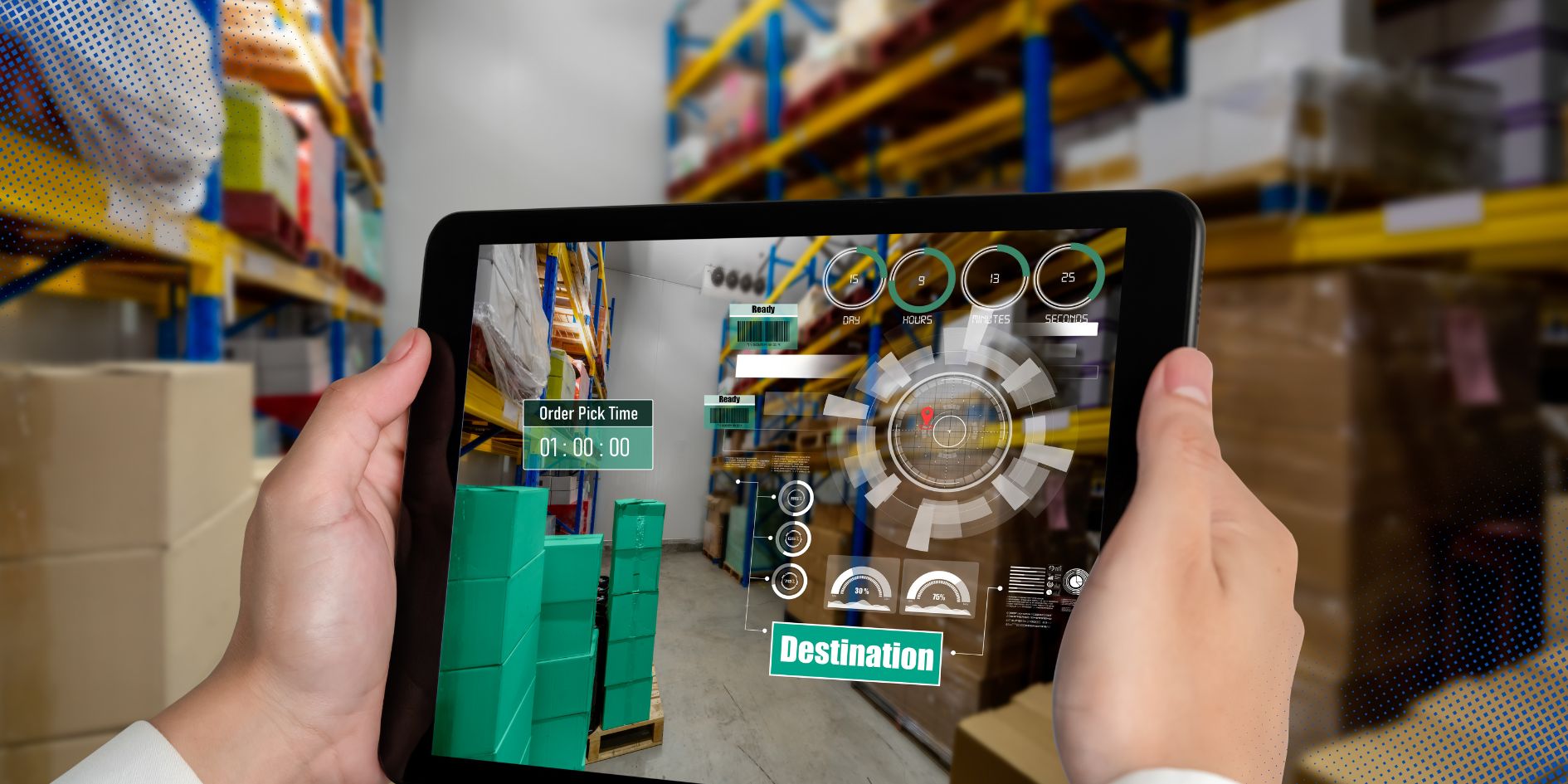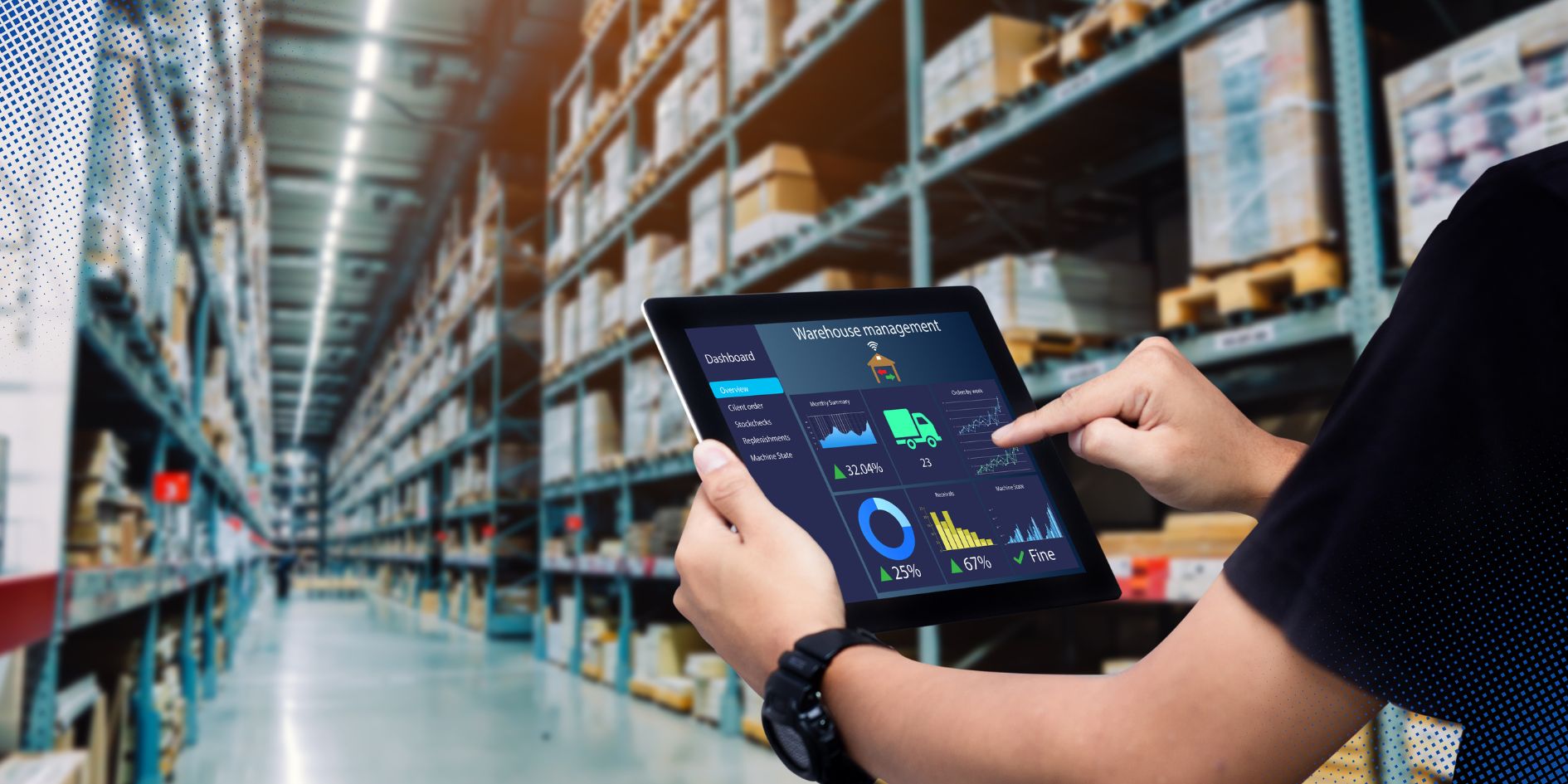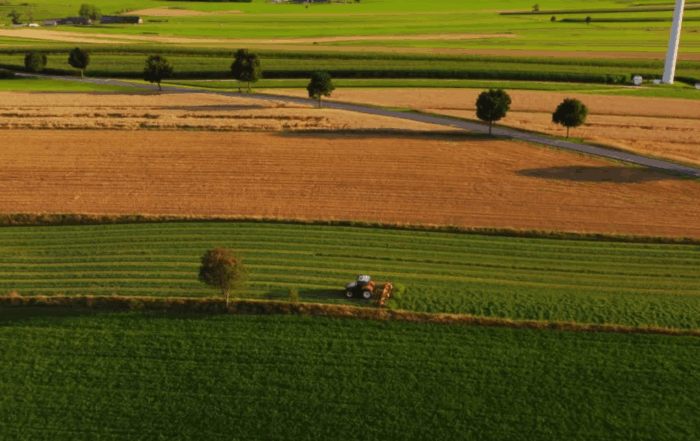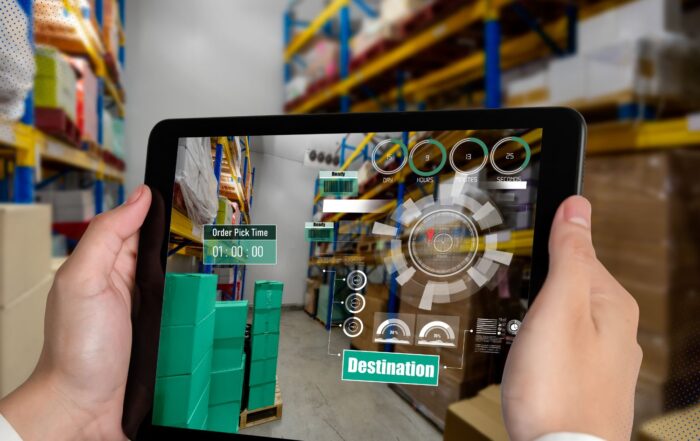
Ensuring the safety and quality of your products necessitates complete visibility across your entire supply chain. Experiences such as recalls or audit failures highlight how detrimental inadequate traceability systems can be both in terms of costs and operational disruption. At Multi-Weigh Technologies, we are strong advocates of a comprehensive understanding of what true traceability involves and how it plays a vital role in protecting your brand’s reputation.
Why Is Traceability Such a Critical Business Requirement?
Have you ever faced a product recall that took weeks to contain? Or encountered an audit that revealed gaps in your records, resulting in fines or reputational damage? These are challenges commonly faced by businesses across the food manufacturing, agricultural, and logistics sectors.
Traceability in food production is a mandatory requirement for exports to the European Union (EU). Under the EU’s General Food Law (Regulation (EC) No 178/2002), all food and feed businesses must implement systems that enable them to identify the origin and destination of their products. This “One Step Back, One Step Forward” principle means companies need detailed records of their immediate suppliers and recipients, including names, addresses, product details, batch numbers, quantities, and delivery dates. For certain product categories—such as beef, fish, honey, or GMOs—more stringent regulations may apply. While these rules are primarily enforced within the EU, importers are responsible for tracing products back to the exporters in third countries. Increasing consumer interest in food origins and production methods means traceability is not just about compliance; it also helps businesses manage risks, boost food safety, and build trust with customers.
A notable example that underscores the importance of robust traceability is the 2017 listeriosis outbreak linked to one of the largest African packaged goods companies, which primarily focuses on the food industry. This incident exposed significant weaknesses in supply chain tracking, which delayed the identification of contaminated batches and resulted in far-reaching public health and financial repercussions. Such cases serve as stark reminders that implementing reliable, end-to-end traceability measures is no longer optional; it is a fundamental component of business resilience and consumer safety.
Research indicates that companies with mature traceability systems are around 40% more likely to successfully execute recalls with minimal impact. This statistic underscores the fundamental importance of implementing effective traceability systems; it extends beyond mere regulatory compliance to protecting your business continuity and maintaining consumer confidence.
The Industry Impact of Poor Traceability
Protecting Consumer Health and Building Trust
Full traceability enables you to trace a product back to its source swiftly. If a contamination incident occurs, you can identify and isolate affected batches in moments, reducing health risks and improving consumer confidence. Aside from the 2017 listeria outbreak, other well-publicised incidents such as the 2013 horsemeat scandal in the US and Europe, and the confectionery recall of 2018 by a major food and beverage company across various countries due to listeria contamination, serve as a reminder that inadequate traceability can endanger public health and threaten your reputation.
Achieving Regulatory Compliance
HACCP and other food safety standards often mandate detailed documentation of the entire product journey. Failure to meet these standards can result in hefty penalties, product seizures, or rejection in international markets. Implementing traceability solutions helps you meet these regulatory requirements effortlessly and pass audits with confidence.
Ensuring Quality and Reducing Waste
Accurate tracking allows you to identify quality issues early in the process. Whether preventing the distribution of faulty products or reducing spoilage, traceability supports continuous quality improvement. According to recent industry articles, companies with integrated AI traceability technologies are able to uncover reasons for production errors and help establish best practices for producing high quality goods, ultimately leading to costs savings.
Streamlining Operations and Cost Savings
Knowing where every batch or product is at all times enables faster decision-making, efficient recalls, and smarter inventory management. A McKinsey study found that early adopters of AI-enabled supply chain management have seen logistics cost reductions of 15%, which optimise stock levels and minimise manual errors.
Gaining the Competitive Advantage
In an era where transparency and authenticity are at the forefront, businesses that prioritise traceability stand out. Consumers and partners want assurance about product origin, safety, and sustainability. Transparent supply chains foster brand loyalty and open new markets.
The Benefits of Traceability Are Clear
- Rapid, reliable product recalls with full audit support
- Enhanced consumer trust through transparency
- Simplified compliance with industry standards
- Error reduction and waste minimisation
Operational resilience that drives growth and profitability
“In industries like food manufacturing and agriculture, the ability to trace every product is no longer a luxury; it’s an industry requirement,” states Owen Mbundu, CEO of Multi-Weigh Technologies.

Ready to Transform Your Supply Chain?
Effective traceability is not just an operational requirement; it is a strategic advantage. Companies investing in the right tools gain peace of mind, reduce liability risks, and differentiate themselves in a competitive marketplace.
Are you ready to make your supply chain transparent, efficient, and resilient?
Contact Multi-Weigh today and discover how our innovative traceability solutions can safeguard your reputation and future-proof your business.
get in touch
Send a message to inquire about our products and services!
Call our offices:




